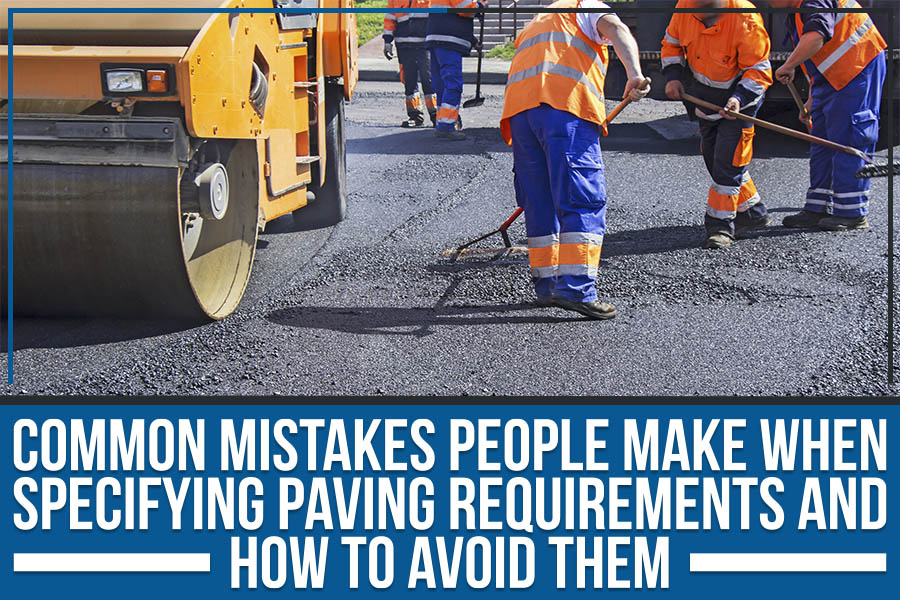
One of the most significant aspects of home ownership is maintaining your property. This includes regular upkeep and bigger projects like remodeling or making additions. If you’re thinking about paving your driveway or patio, you must do your research first and avoid making common mistakes. In this blog post, Bay Country Contractors will outline the most common mistakes when specifying paving requirements and how to avoid them.
Specifying Paving Needs: The Importance!
Paving a driveway or patio is a significant investment. Not only do you want it to look good, but you also want it to last. That’s why getting the specs right the first time is essential. But what exactly does that entail? Let’s outline everything you need to know about specifying paving, from material selection to thickness.
1. Overlooking the Importance of a Good Base
The most typical mistake people make when specifying paving is overlooking the importance of a good base. The base provides stability and support for the paving stones, so it must be made of high-quality materials.
There are two main bases: granular (e.g., crushed stone) and cementitious (e.g., concrete). Granular bases are typically cheaper and easier to install, but they’re not as durable as cementitious bases. Cementitious bases are more expensive and difficult to install, but they’re much more durable and will last longer.
So, which one should you choose? It depends on your budget and how long you want the pavement to last. A granular base may be the way to go if you’re on a tight budget. But a cementitious floor is better if you want your pavement to last for many years.
2. Not Compacting the Base
Once you’ve chosen the type of base you want to use, it’s important to compact it properly. If you don’t, the pavement will likely settle and crack over time.
There are two main ways to compact a base: with a plate compactor or with a roller. Plate compactors are smaller and less expensive, but they’re not as effective as rollers. Rollers are bigger and more expensive, but they do a better job of compacting the base.
Which one should you choose? Again, it depends on your budget and how long you want the pavement to last. A plate compactor may be sufficient if you’re on a tight budget. But a roller is better if you want your pavement to last for many years.
3. Choosing the Wrong Paving Material
Many paving materials are available on the market, including concrete, asphalt, brick, and stone. Each type of material has its advantages and disadvantages. For example, concrete is very durable but can be challenging to repair if it cracks. Asphalt is less expensive than concrete, but it doesn’t last as long.
When choosing a paving material, you need to consider your budget, the climate where you live, and how much traffic the pavement will get. If you’re unsure which type of material is best for your needs, consult a paving professional. They’ll be able to help you select the suitable material and give you an estimate of the cost.
Once you’ve selected a paving material, it’s time to start thinking about the design. If you’re not an experienced pavement designer, it’s easy to make mistakes that can cost you a lot of money.
Here’s How Bay Country Contractors Can Help!
Bay Country Contractors serving Ashburn, VA, offers Commercial Asphalt & Concrete Maintenance & Repairs. We can help you select the suitable material for your needs and budget, and we have the experience and expertise to install it properly. We also offer maintenance and repair services to keep your pavement looking its best.
If you need help with paving, get a free estimate from Bay Country Contractors today!



